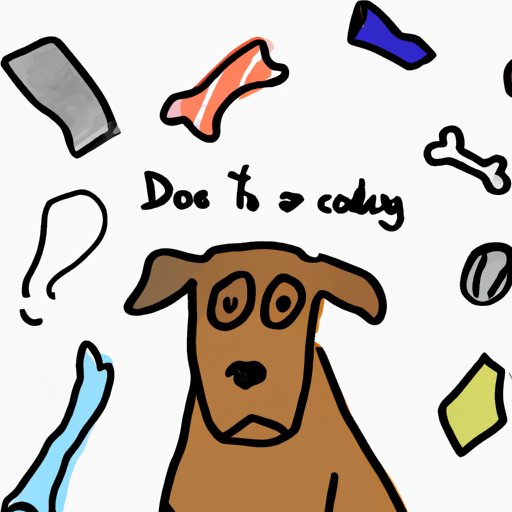Understanding Pica in Dogs
You may be surprised to learn that the strange habit your dog has developed of eating non-food items like grass, dirt, or even rocks, has a name. This condition, known as Pica, is characterized by the ingestion of non-nutritive substances for at least one month. It’s important to note that occasional consumption of such substances can be normal in dogs; however, when it becomes a consistent pattern, it may indicate a health concern.
Potential Causes of Pica
Determining the exact cause of Pica can be challenging, as it can stem from a variety of sources:
- Nutritional deficiencies: If your dog is not getting enough nutrients from their diet, they may resort to eating non-food items.
- Behavioral issues: Pica can be a symptom of separation anxiety or an obsessive-compulsive disorder.
- Underlying medical conditions: Certain diseases like diabetes or thyroid problems can lead to Pica.
| Potential Causes | Possible Solutions |
|---|---|
| Nutritional Deficiencies | Balanced Diet, Vet-recommended Supplements |
| Behavioral Issues | Training, Therapy |
| Underlying Medical Conditions | Vet Check-ups, Medication |
How to Recognize Pica in Your Dog
You, as a caregiver, are in the best position to observe your dog’s behavior. Pica can manifest in various ways:
- Excessive licking or chewing on non-food items.
- Consuming soil, grass, or other non-edible substances.
- Vomiting, diarrhea, or other digestive issues after ingestion of non-food items.
Treating Pica in Dogs
Treating Pica starts with a visit to your veterinarian to rule out or identify any underlying health conditions. If it is due to a nutritional deficiency, a change in diet or the addition of supplements may be recommended. For dogs with anxiety or behavioral issues, a consultation with a dog behaviorist may be beneficial.
Prevention and Management of Pica
While Pica can’t always be prevented, there are steps you can take to manage and possibly curb this behavior:
- Keep your dog’s environment clean and free of non-food items.
- Provide plenty of physical and mental stimulation.
- Seek regular veterinary care.
Frequently Asked Questions
Q: Can Pica in dogs lead to serious health issues?
A: Yes, if left untreated, Pica can lead to serious health problems such as intestinal blockage or damage.
Q: Is Pica more common in certain breeds?
A: Pica can affect any breed, but it is more commonly reported in Labrador Retrievers.
Q: How can I prevent my dog from developing Pica?
A: Provide a balanced diet, regular exercise, mental stimulation, and regular vet check-ups.
Q: Should I punish my dog for eating non-food items?
A: Punishment is not recommended as it can increase stress and potentially worsen the behavior. Instead, focus on positive reinforcement and training.



